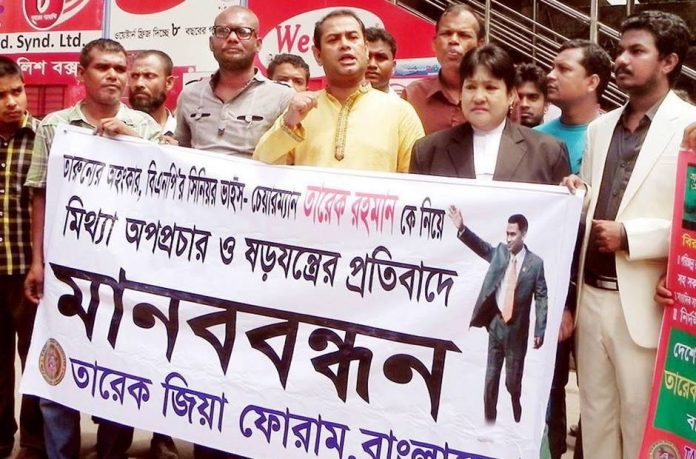Bangladesh’s social and economic development is heavily reliant on its political system – a system that has been dominated by wealthy elites and has failed to ensure the rights of its citizens. Let’s talk to Golam Rabbani and know his point and struggles for making a lasting change in the community.
As a social activist, Mr. Golam, do you think that social work and politics can be treated simultaneously to make a difference in the slow-moving development of Bangladesh?
The lack of representation for marginalized groups, such as immigrants, refugees, and people from low-income households, is a major contributing factor to Bangladesh’s stagnant development. In order to address the issue, it is crucial to adopt a more inclusive form of politics that better reflects the needs of people.
Social work-based politics is an approach that seeks to empower citizens and their communities by changing the way power is distributed throughout the political system. This is exactly what I have been implementing for the past 20 years.
That’s a thoughtful approach, though. Could you briefly tell us more about your journey towards this empowering mindset?
In 1973, I was born to a teacher and social worker, Mehrunissa Haq, and my father Ekram ul Haq was a government employee. Inspired by my mother’s dedication and selfless efforts, and raised while watching the frailness and austerity of refugees closely, I chose a difficult path. But fortunately, I was able to bring about the change I always sought for my country. In 2001, I founded Bangaleer Pathshala—The School of Leadership—which is focused on educating refugees and street kids to unfetter them and prepare them to become the leaders of tomorrow. I was also accoladed with the Presidential Award from former President Prof Eazuddin for being the top leader for social welfare.
Now, let’s talk about your ‘Presidential and Mayoral’ election for the city unit of BNP? Why did you not opt for any of these prestigious seats?
Well, In 2009, I was elected as the president of the city unit of the BNP, and later got nominated as the mayor of the same city. But due to dirty political tactics and worst persecution, I had to refrain from field-level politics and join the think tank of BNP. Despite all this, I never stopped raising my voice for the oppressed or making efforts to bring a change into the lives of indigents. My organization, ‘The Bangaleer Pathshala’ is a testament to my relentless work and enthusiasm.
Your impact is not limited to Bangladesh, you are an international human rights activist. Tell us something about your social contribution in the foreign world?
As an international social activist, I am the only Bangladeshi serving as a licensed Foreign Legal Consultant in California State Bar. I’m also the founder of SOLE, US (School of Leadership) – a global platform that helps educate refugees and immigrants and develop leadership among them. The main purpose of this platform is to empower refugees and advocate for improved policies and better access to services.
In concussion, what do you want to say and let the people know about your strong determination as a social worker?
I’m determined to end the oppressive political system and empower citizens so they can better understand their rights. My ‘social work-based politics’ seeks to bridge the gap between powerful elites and marginalized communities by providing them with access to resources and information.
Golam’s concept of social-welfare-focused politics has been well-received by the Bangladeshi masses. They see him as a savior and rely on him to bring reforms that can benefit the country in the long run, shattering the chains of labor and slavery.
If you resonate with the mission of Golam, feel free to visit his social cause initiatives Bangaleer Pathshala and his official website to support his efforts in leading the way toward lasting change.

